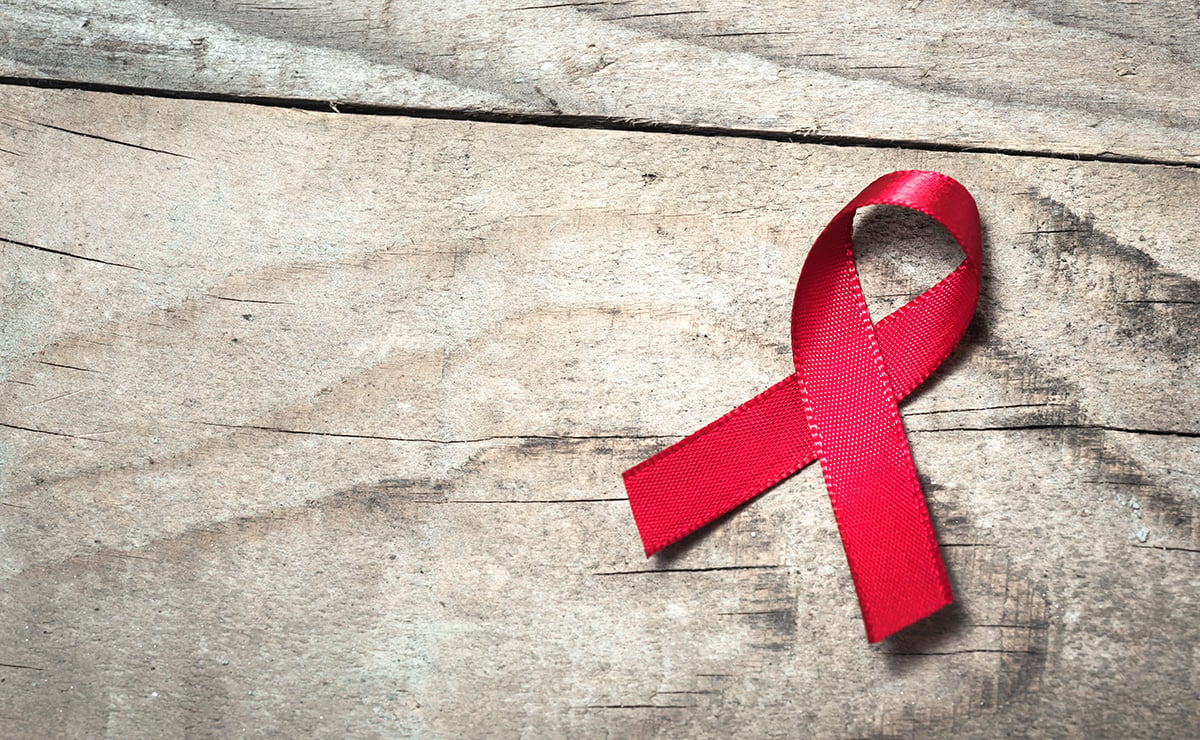Modernizing State HIV Laws: Legislation to Prevent and Decriminalize HIV
March 16, 2021 | Maggie Davis
 Though we’ve made progress on the number of HIV cases in the U.S, tens of thousands of Americans are diagnosed with HIV each year—a disproportionate number being people of color. In 2019, the federal government launched the Ending the HIV Epidemic: A Plan for America (EHE) with a goal of ending the HIV epidemic by 2030. EHE leverages four strategies to reduce the prevalence of HIV: diagnosis, treat, prevent, and respond. State efforts to reduce the incidence of HIV align with the federal plan, with many states passing legislation to enhance prevention and harm-risk reduction efforts.
Though we’ve made progress on the number of HIV cases in the U.S, tens of thousands of Americans are diagnosed with HIV each year—a disproportionate number being people of color. In 2019, the federal government launched the Ending the HIV Epidemic: A Plan for America (EHE) with a goal of ending the HIV epidemic by 2030. EHE leverages four strategies to reduce the prevalence of HIV: diagnosis, treat, prevent, and respond. State efforts to reduce the incidence of HIV align with the federal plan, with many states passing legislation to enhance prevention and harm-risk reduction efforts.
As part of the 2021 Legislative Prospectus Series, ASTHO expects state efforts to increase prevention efforts in three key areas:
- Greater access to pre-exposure prophylaxis (PrEP), a daily pill that can help prevent HIV for at-risk populations.
- Greater support for harm risk reduction efforts like syringe services programs (SSPs) that can reduce incidence associated with unsterile injection equipment by offering clean needles, safe disposal of used needles, testing, and linkage to care.
- Enacting comprehensive sex education.
States will also likely consider modernizing their HIV laws to further decriminalize HIV transmission. Below we outline how states are already tackling HIV prevention and decriminalization.
Efforts to Prevent HIV
So far in the 2021 legislative sessions, many states are considering bills that would enhance evidence-based prevention measures. At least six states and Washington, D.C. are considering bills to expand access to PrEP pills. In D.C. the city council is considering a bill that would allow minors of any age to HIV prevention, diagnosis, and treatment without parental consent. In both Maryland and Minnesota, there are bills that would allow pharmacists to dispense PrEP for patients that present an HIV-negative test taken within the previous seven days, complete a screening assessment for contraindicated medications or signs of acute HIV infection, and are provided education regarding PrEP side effects and the importance of timely HIV testing and treatment. The bills would also permit pharmacists to dispense postexposure prophylaxis within 72 hours of patient exposure. The Pennsylvania legislature is considering a bill that would require all health insurance policies cover PrEP.
ASTHO has identified at least six states considering legislation to establish or enhance existing syringe services program (SSPs). For example, Arizona is considering legislation that would allow cities, towns, and non-governmental organizations to establish a SSP for the first time. Kentucky is considering a bill that would require pharmacies that sell hypodermic syringes to offer education or referral information regarding syringe exchange service programs. A North Dakota bill would clarify which SSP supplies are covered through the North Dakota Department of Health Syringe Exchange Program.
Additionally, some states are proposing changes to their sexual health education curriculum. For example, an Illinois bill would require all sexual health programs to be comprehensive and evidence-informed, including education on HIV prevention like PrEP.
Decriminalizing HIV
Early in the HIV epidemic, states enacted laws criminalizing certain behaviors and potential exposure to HIV. These laws were based on limited scientific understanding of HIV transmission, but with over 30 years of HIV research, significant advancements in HIV treatment and prevention many of these state laws are outdated. In 2020, 37 states had laws criminalizing HIV exposure.
So far in the 2021 legislative sessions, several states are considering legislation to modernize their statutes and decriminalize HIV. For example, North Dakota considered a bill that would entirely repeal its criminal HIV transmission statute. The Virginia legislature passed SB1138, which lowers the penalty for criminal HIV transmission from a felony to a misdemeanor.
In early March the Georgia Senate passed SB164, revising its criminal transmission statute and lessens the penalty for conviction. The current law criminalizes any sexual act between an HIV-positive person and an unaware HIV-negative person. Under the proposed bill, a person would have to know they are living with HIV and knowingly engage in a sexual act with a significant risk of transmission with the intent to infect a person with HIV.
Florida is considering a bill entitled “HIV Prevention Justice Act” which lowers criminal transmission of HIV from a third-degree felony to a first-degree misdemeanor. Similar to Georgia’s bill, the Florida HIV Prevention Justice Act would require a person intend to infect an unaware HIV-negative person through an act with significant risk of transmission. Beyond the Georgia legislation, Florida’s proposal clearly establishes that an individual who is complying with an HIV treatment regimen in good faith or uses a contraceptive to limit the risk of transmission wouldn’t fit the bill for criminal HIV transmission.
ASTHO will continue to monitor this important public health issue.